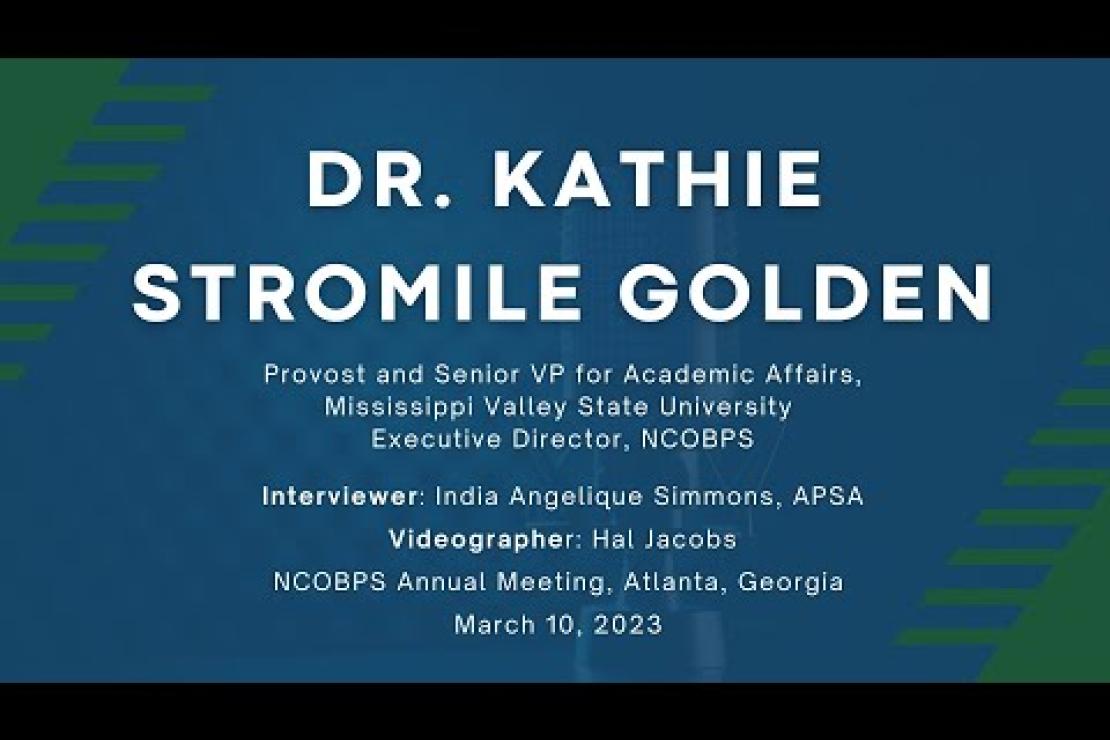What is Political Science?
Political Science at WLAC
Click below for more information about the Political Science program at WLAC.
POLS C1000 American Government and Politics (3) UC/CSU Formerly POL SCI 001: The Government of the United States
This course is an introduction to government and politics in the United States and California. Students examine the constitutions, structure, and operation of governing institutions, civil liberties and civil rights, political behaviors, political issues, and public policy using political science theory and methodology. (GE Areas - CalGETC: 4H)
POL SCI 002 Introduction to Comparative Politics (3) UC/CSU Advisory: ENGL C1000 or ENGLISH 101Y
Comparative analysis of different kinds of political systems, including their history, political institutions, processes and policies, the environments in which they occur, and their consequences. (GE Areas - CalGETC: 4H)
POL SCI 007 Introduction to International Relations (3) UC/CSU Advisory: ENGL C1000 or ENGLISH 101Y
This course is a survey of the factors involved in international relations today. Emphasis is placed on providing the student with a historical and theoretical framework for the analysis of world affairs. (GE Areas - CalGETC: 4H)
POL SCI 014 Government and Politics in the Middle East (3) UC/CSU
This course surveys the culture, history, and resources of the countries in the region and their relationship with each other and with the western world. (GE Areas - CalGETC: 4H)
POL SCI 017 Government and Politics in Latin America (3) UC/CSU
This introductory course provides a framework for understanding and analyzing the governments, politics and institutions of Latin America in connection with the region's diverse cultures and societies and their markets and economies in the context of the global economy. (GE Areas - CalGETC: 4H)
POL SCI 020 Race and Ethnicity in Politics (3) CSU
The social construction of racial and ethnic groups in American society and their relationship to local, state, and national governments are covered. The problems of racism, discrimination and assimilation, and the impact of ideology on integration into the political system are covered. In addition, the course examines voting behavior and pressure group politics, resistance and political action, the social construction of race and racism, and the political conditions shaping our understanding of the poor. The course also explores the political challenges faced by the aged, the young, and women.
POL SCI 060 Introduction to Globalization (3) UC/CSU Advisory: ENGL C1000 or ENGLISH 101Y
Introduction to the phenomenon of globalization from the broad perspectives of economics, governments and conflicts, and cultures and societies. Structured around these three pillars of globalization, this course is designed to provide a framework for understanding the multiple and complex connections that globalization produces among nation-states, non-governmental organizations, and societies around the world with their particular ethnic, cultural and religious groups. (GE Areas - CalGETC: 4H)
POL SCI 061 Global Issues (3) UC/CSU Advisory: ENGL C1000 or ENGLISH 101Y
This course introduces students to the origins, current status, and future trends of major transnational issues confronting the global community. Topics can include population trends, economic development and inequality, basic human needs (such as food, water, health care, and shelter), human rights, international conflict, migration, security concerns, and environmental problems. The course also focuses on global governance, including the study of collective global responsibilities. (GE Areas - CalGETC: 4)
Meet with a WLAC counselor to decide which courses meet your academic and personal needs. You can meet one-on-one with counselors either on-campus or virtually. Consult the Counseling Center’s website for hours and days of operation. Counseling appointments may be made through one of the following:
- On-Line Counseling webpage.
- counseling hours for individual counselors can be found on this page
- you may select a specific counselor or the next available
- Through email at wlac-cnseldsk@laccd.edu
- Using the on-line counseling request form
- In person at the Counseling Front Desk located in SSB 350.
- By calling the Counseling Center directly at (310) 287-7242.
Program Offered
- Associate Degree: Major Code 2207.00
- Degree/ Certificate Requirements
Associate of Arts for Transfer Degree (AA-T)
The Associate of Arts in Political Science for Transfer degree is designed to provide lower-division preparation for students who intend to transfer to a CSU for a bachelor’s degree in political science or similar major. This degree includes coursework that may align with lower-division requirements for transfer to various universities within the University of California (UC) and California State University (CSU) systems. While this degree guarantees admission to the CSU, it is not to any particular campus or program. Students are encouraged to contact the Transfer Office to learn more about transfer and to meet with a counselor for major preparation at the college of their choice in order to facilitate a seamless transition.
To earn an Associate Degree for Transfer, students must meet the following requirements: 1) Completion of 60 semester units or 90 quarter units of degree-applicable courses, 2) Minimum overall grade point average of 2.0, 3) Minimum grade of "C" (or "P") for each course in the major, and 4) Completion of IGETC and/or CSU GE-Breadth.

Christopher Lee is an Associate Professor of Political Science at West Los Angeles College. He earned his BA, MA, and Ph.D. in Political Science from UCLA, completing his graduate studies in 2011 after a decade of study. Early in his career he served as a Legislative Assistant for nearly five years in the California State Assembly, experience that informs his teaching with real-world governance insight. In addition to his current full-time teaching role at West LA, he has taught Political Science courses at multiple colleges and has taught African American Political Thought, Global Economics, and courses on Race and Ethnicity, among other areas, enriching students’ understanding of policy and society. He is dedicated to student equity and uses culturally responsive teaching practices to connect course content with students’ lives and communities. His passion is to help students understand what makes American politics tick and to empower them to engage thoughtfully and critically with public life.
This collection of interviews contributes to a continuous project that seeks to amplify the scholarship and contributions of Black, Indigenous, and People of Color to the profession and investigate the history of race and racism in the political science profession. It further builds upon the APSA-Pi Sigma African American Alpha Oral History Project (1988-1994) and is motivated by the McClain Task Force on Systemic Inequality in the Discipline (2022).

